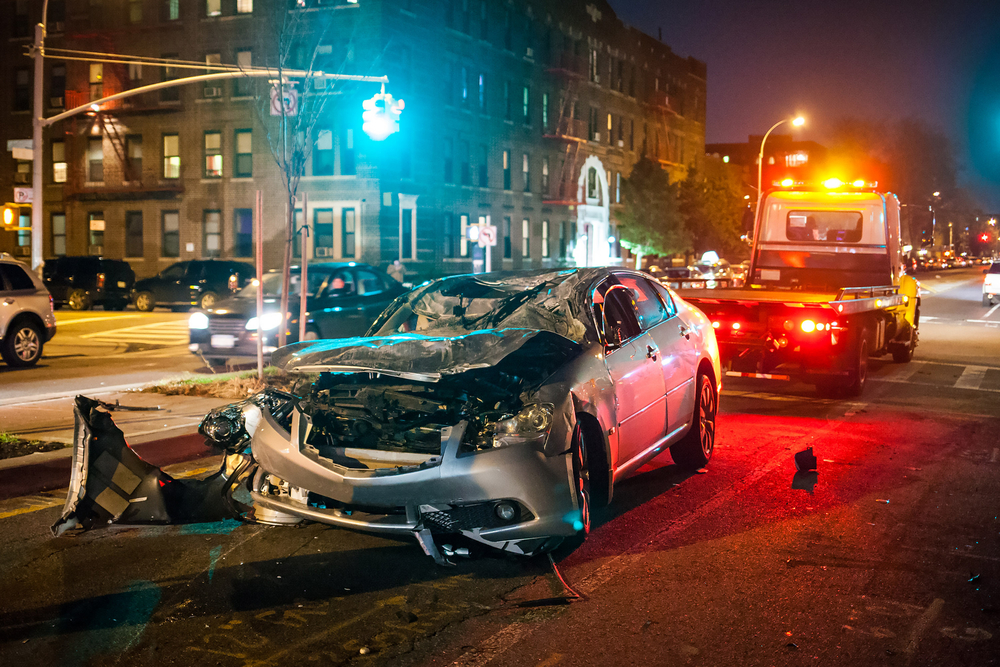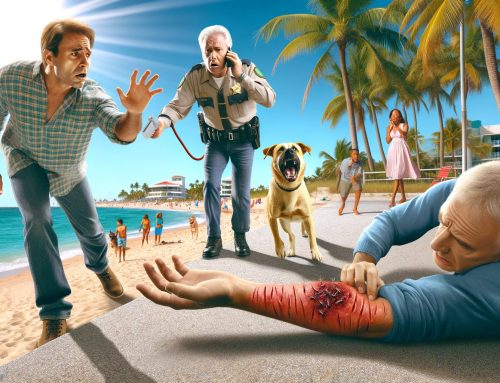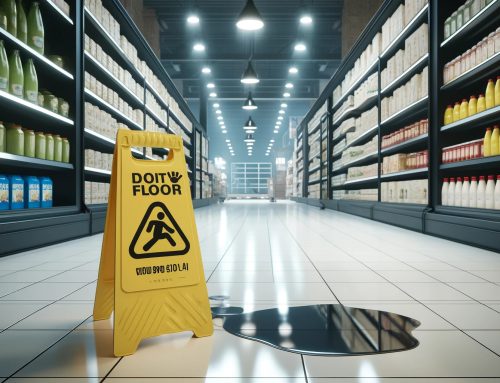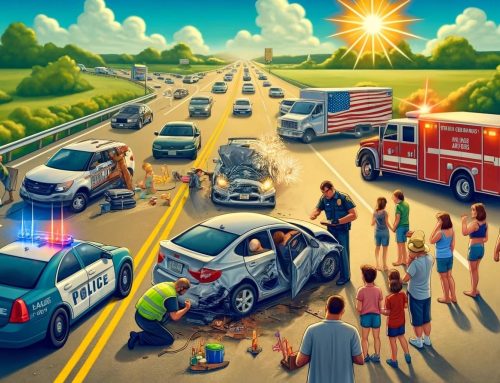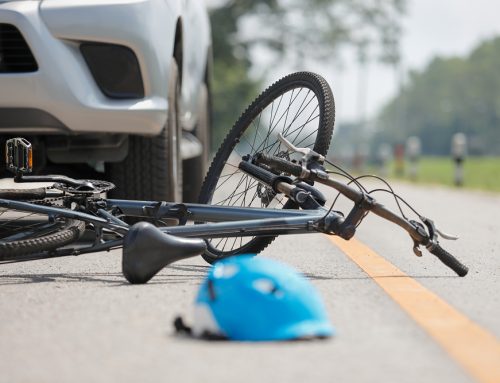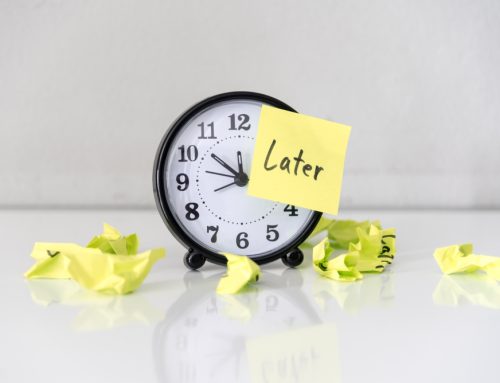Car accidents can be a traumatic and overwhelming experience, and it’s natural to feel disoriented and unsure of what to do in the aftermath. However, it’s important to remain calm and take the proper steps to protect yourself and your rights. Here are the top mistakes people make after a car accident and how to avoid them:
- Failing to stop and exchange information:
If you’re involved in a car accident, you must stop your vehicle and exchange information with the other driver. This includes getting their name, contact information, and insurance information. If you fail to do this and leave the scene, you could be charged with a hit and run, which is a serious crime.
- Not calling the police:
Even if the accident seems minor, it’s crucial to call the police. They will create an official report of the accident, which can be helpful if you need to file an insurance claim or take legal action.
- Not taking photos or gathering evidence:
It’s a good idea to take photos of the accident and any damage to your vehicle. You should also gather the names and contact information of witnesses who saw the accident. This evidence can help prove your case to the insurance company or court.
- Admitting fault:
It’s essential not to admit fault or apologize for the accident, even if you think you may have caused it. The circumstances of the accident may not be precise, and admitting guilt could potentially harm your case. Instead, let the insurance company or the courts determine fault.
- Not seeking medical attention:
If you’re injured in a car accident, it’s essential to seek medical attention as soon as possible. Even if you don’t think you’re seriously injured, some injuries may not show symptoms immediately. Failing to seek medical attention could also harm your case if you need to file an insurance claim or take legal action.
Conclusion:
Car accidents can be stressful and confusing, but taking the proper steps to protect yourself and your rights is essential. Avoid making these common mistakes by stopping and exchanging information, calling the police, taking photos and gathering evidence, not admitting fault, and seeking medical attention if necessary.


